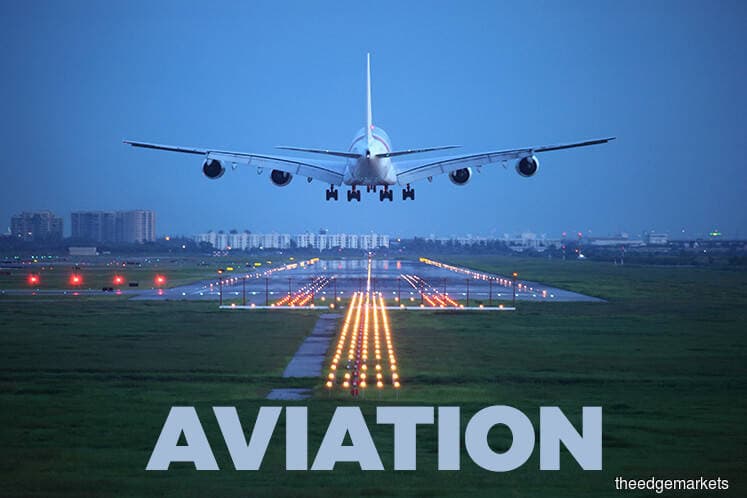
KUALA LUMPUR (June 21): Air passengers want governments to encourage the development of new technologies and sustainable aviation fuels to reduce aviation carbon emissions, rather than impose ineffective "environmental" taxes, according to the International Air Transport Association (IATA).
In a statement on its website June 19, IATA said a survey it commissioned showed that most passengers' preferred actions for governments to prioritise for managing aviation's climate change impacts are to:
- support the development of sustainable aviation fuels (64%)
- support research and development of new technology and better operations (62%).
IATA said that in contrast, environmental taxes were one of the least popular options, with just 22% support.
IATA director general and CEO Alexandre de Juniac said aviation takes the climate change challenge very seriously.
"For more than a decade we have set and exceeded tough targets for carbon emissions, and we plan to achieve much more.
"Public opinion has a clear message to governments: work with aviation to encourage investment in clean fuels, and new hybrid and electric technology. This will help airlines cut emissions in half by 2050," he said.
de Juniac said commercial aviation is responsible for around 2% of annual global carbon emissions.
He said the industry has a target to cap carbon dioxide through carbon-neutral growth from 2020, and to cut emissions in half by 2050, compared to a 2005 benchmark.
Achievement of this target ensures aviation's compatibility with the goals of the Paris climate agreement, to limit global warming to between 1.5-2 degrees, said de Juniac.
"Airlines have spent billions on new planes that have helped to cut emissions per passenger in half since 1990. From next year we will cap emissions in a global offsetting scheme that will generate US$40 billion of climate financing.
"And airlines have bought up all the sustainable aviation fuel that is available. Governments should listen to their citizens. The way forward for aviation and the environment is sustainable aviation fuels. Promoting their commercialization will do more than any tax," said de Juniac.